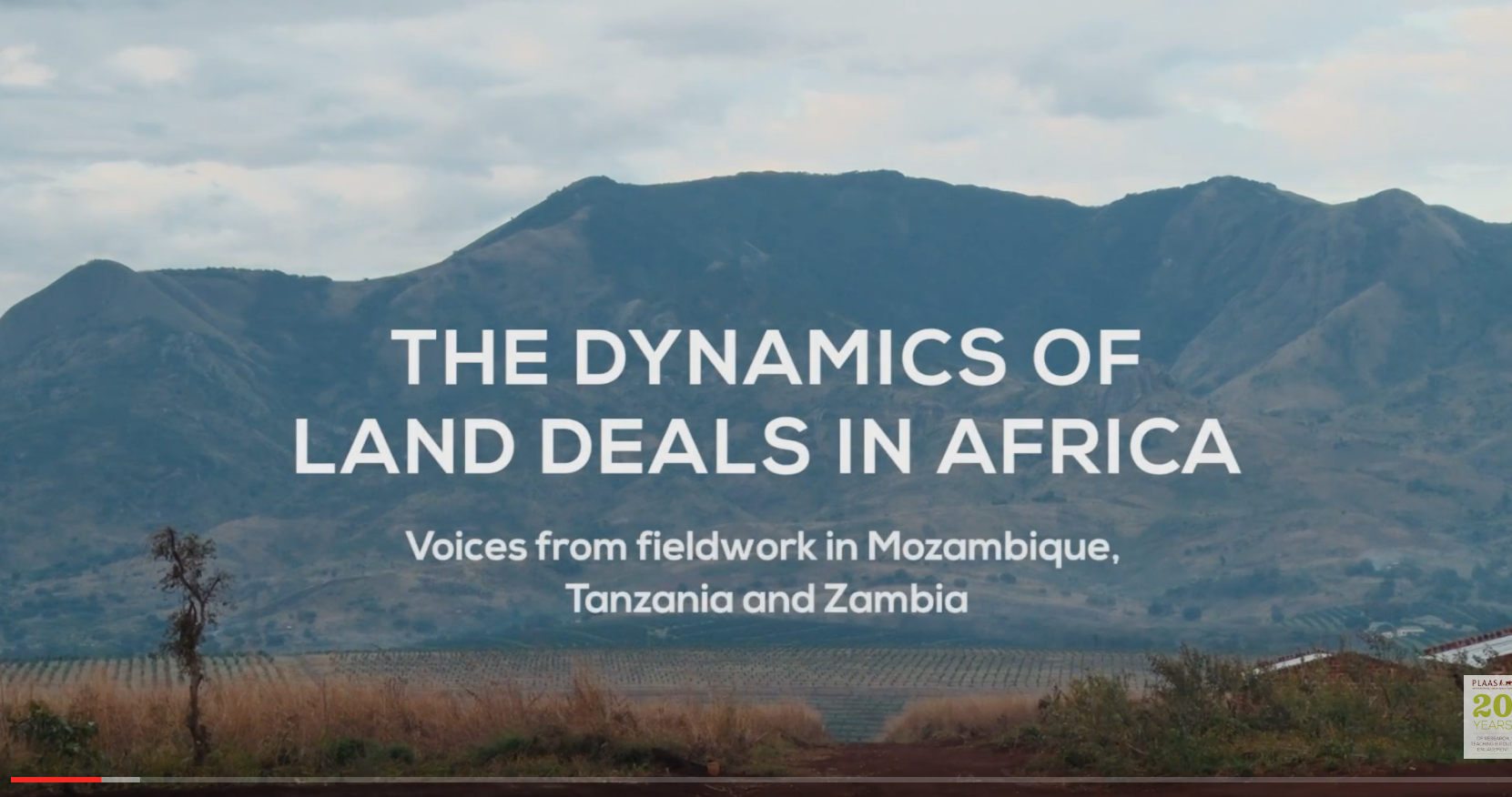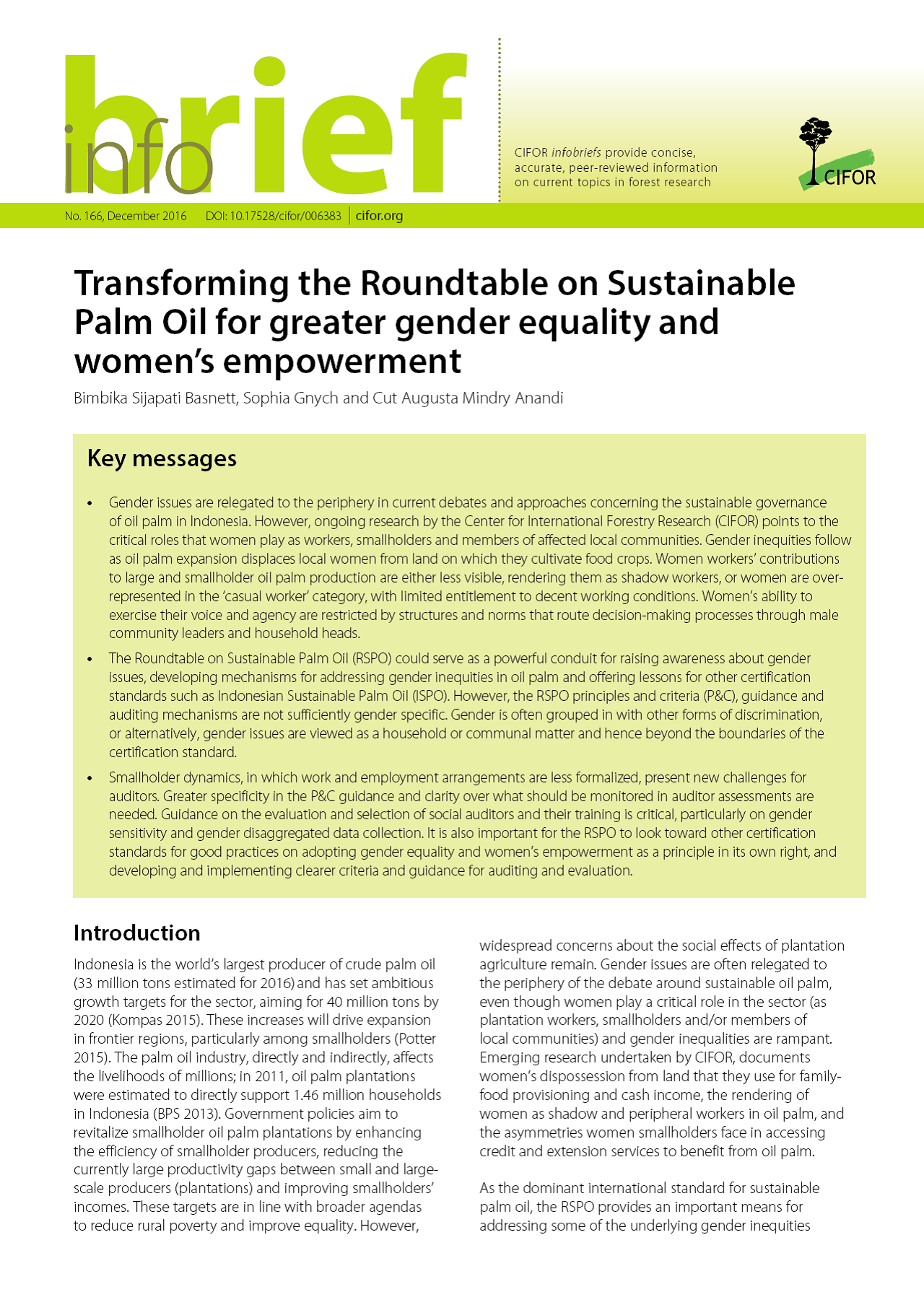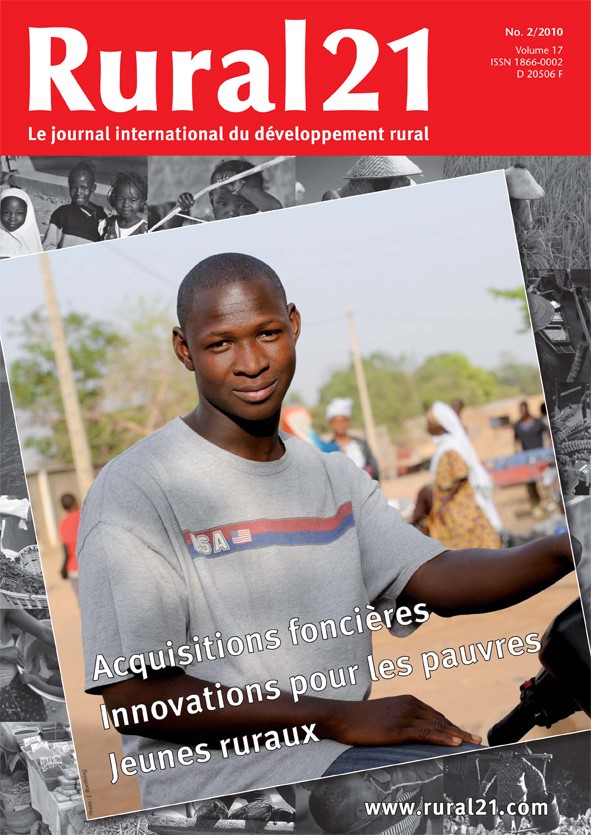Captain Iglo mustn’t come to Africa!
During the last few years, the donor community has increased its efforts to reduce the large amounts of fish lost in the distribution chain in artisanal fishery, an endeavour that ought to be welcomed in principle. However, focusing on one single solution, the development of an expensive cool chain and the supply of fresh or frozen fish, represents a massive interference with the traditional processing and distribution channels, with women being the main losers. Our author calls for more foresight in international co-operation.












